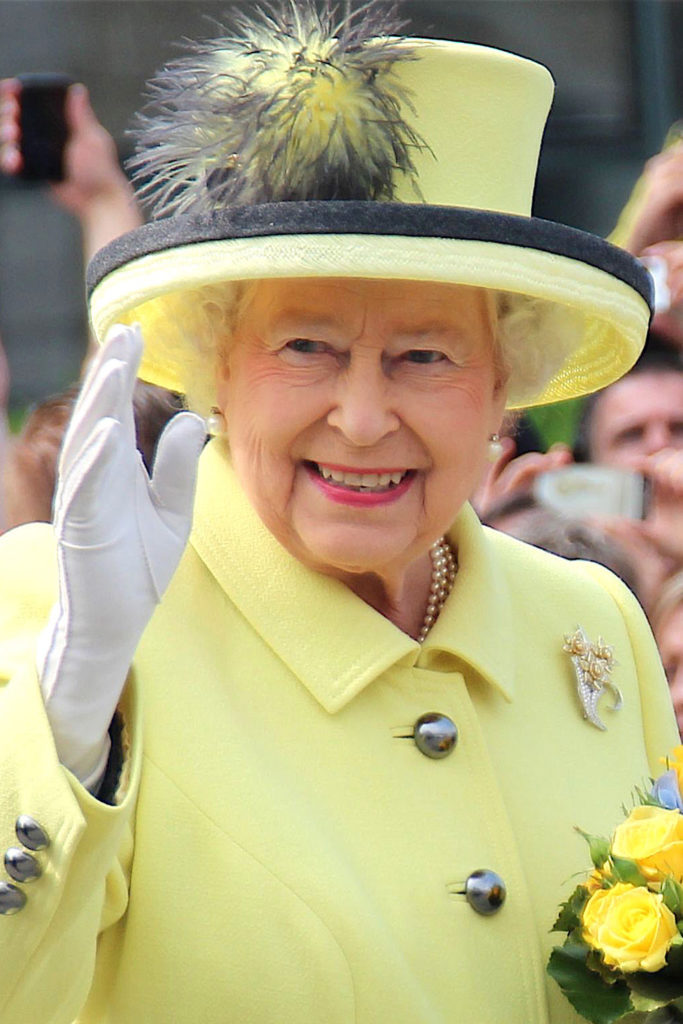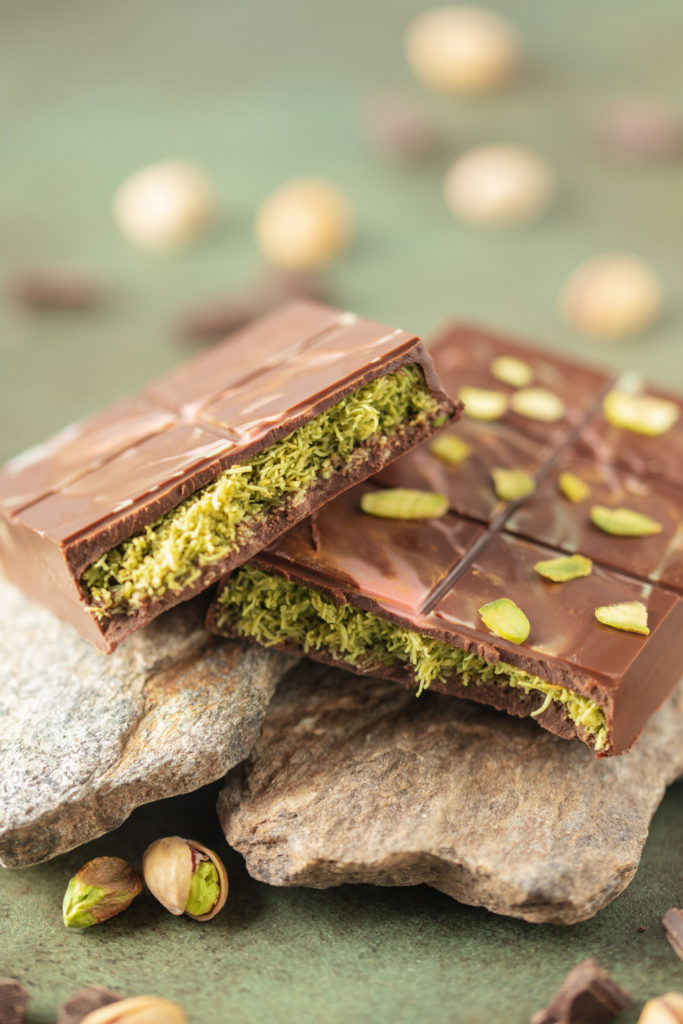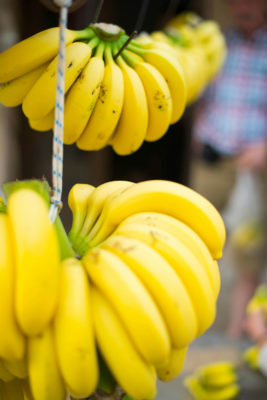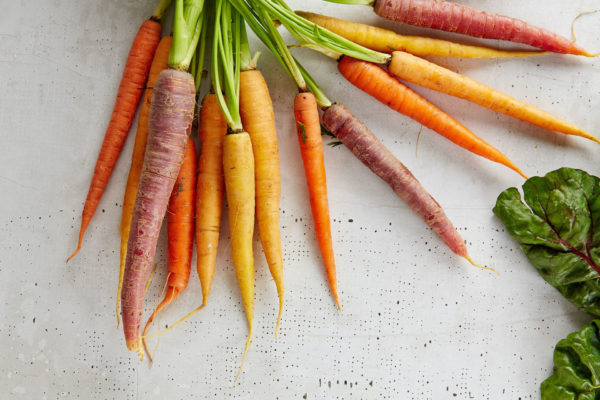
What Do Olympians Eat?
By
10 months ago
The Olympics diet, explained
It’s no secret that nutrition is crucial for the success of athletes during the weeks of the Olympics – but is what they eat during training in the off-season just as important? Numerous hours are put into not only practising their sport, but also recognising how to optimise their performance nutritionally. And with their bodies put under immense strain and stress during the Games, we have to wonder how exactly athletes fuel it all. Here’s what athletes are eating in preparation for the Olympics.
An Olympic Diet: What Do Athletes Eat When Training?
The Basics: Carbohydrates, Proteins, Omega-3, Fruit & Veg
It doesn’t surprise us to find out that an Olympian’s diet is commonly very healthy, and is built around four main pillars: a variety of carbohydrates, which are pivotal for energy; protein, which is essential for building lean body mass and ensuring stable blood sugar levels; omega-3 rich foods (like fish), which contain healthy fats and help regulate blood pressure; and lots of fruits and vegetables for their antioxidants and fibre.
A typical breakfast for an Olympic athlete contains a balance of all the above. When picturing their plate, think of avocado toast, smoked salmon, eggs and a banana.
@itsgabbythomas This has been my quick and easy go-to breakfast for sprint days! #fyp #nutrition #running #track #olympics ♬ Whoopty (Instrumental) – DJB
Feel-Good Foods
It’s not all work and no play – and it may surprise some that Olympic athletes aren’t as strict on themselves as we would think. Athletes are aware that insanely strict diets that lack some sense of balance can lead to unhealthy eating habits, including over-restriction and bingeing.
Athletes tend to feed themselves with foods that feel good. World-renowned gymnast Simone Biles, for example, isn’t afraid of a pepperoni pizza, while three-time Olympic winner Maggie McNeil likes treating herself to ice cream when she’s not swimming and champion fencer Lee Kiefer’s current favourite sweet treat is a Crumbl Cookie.
It Varies
Athletes’ diets fluctuate and differ depending on the specific sport they are competing in, so their body requirements vary depending on the demands of their specific sport and its training regimen. Calorie intake can range from around 2,000 calories per day for a shorter duration sport, such as sprinting, and up to 10,000 calories per day or more for training in a higher demand sport such as swimming.
Why Do Olympians Eat This Way?
The more nutrient-rich the diet eaten, the better the athletes are able to recover after training. An athletes’ intake of carbohydrates and protein is so high because these things are crucial for muscle recovery and injury prevention. And as we know, while a high calorie intake is important, it doesn’t mean you”ll find Olympians munching on a burger before competition day – they typically stick to better sources like avocados and nut butters.
So, Olympic athletes are required to consume a mega calorific diet. But even within sports, there is no one-size-fits-all technique on how to eat to become an Olympic champion. Some athletes prioritise a high-protein and low-sugar diet, some are all about the carbs and, if you’re Michael Phelps, sometimes you need 10,000 calories a day to meet your nutritional goals (he consumed 12,000 calories during the training days prior to his races in the 2008 Olympic Games).
@maddypriceless A few key parts of my diet when training for the Olympics!🏃🏼♀️ #trackandfield #fuel #LearnonTikTok #TikTokPartner #fitgirl #fypage ♬ Pumpkins – Chris Alan Lee
Offseason vs Onseason
With less training through the offseason, there’s less need for elevated calorie intakes. During training season, carbohydrate consumption is high in order to reach the demands of training and competing, while in offseason an athlete’s body requires less. But that doesn’t mean they completely change their diet during this time.
Athletes are recommended to use their off-season as a time to focus on their nutrition, as a healthy diet during this time is going to aid their foundation for the next season. If their diet isn’t helping them get the most out of their training, they’re eliminating their opportunity for off-season growth and training modifications.
Featured image: Gaby Yerden, Unsplash






